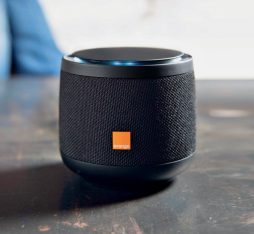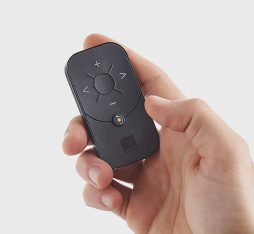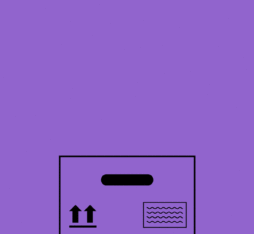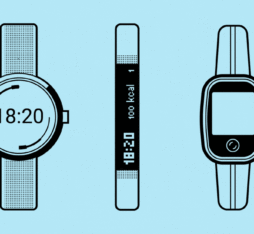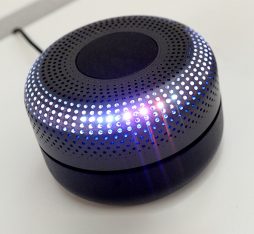"The real challenge is how to remain at a level of use with extreme simplicity.”
With the proliferation of new interfaces, what is the future of remote controls? Are their days numbered?
Not at all! Users need to be able to control and manage their services. There are plenty of ways to do it but the TV remote control is a totally legitimate way because it is anchored in the use of almost everyone. If you asked a user to use his TV without a remote control, he would be completely lost! But tomorrow, this remote will be a much more active object than it is today, an object that understands, anticipates, accompanies and facilitates interaction. Why? Because the service itself is enriched. Although I tend to say that 95% of TV remote users in Orange are “zappers” (channel changers), customs are slowly evolving.
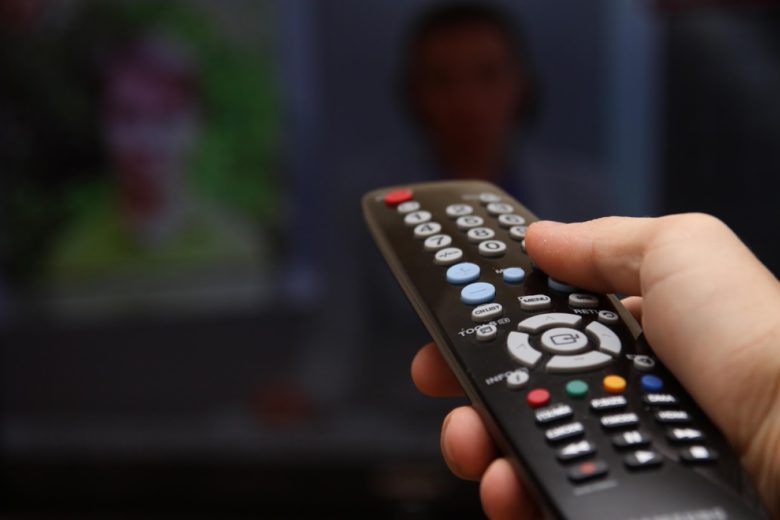
How are you working with Orange to invent the future remote?
We observe people … We put real customers in test rooms and we watch. It’s stupid but you get to see if the customer can easily find what he is looking for, without frustration or wasted time. We are of course working with designers because in terms of remote controls, there is the question of design, ergonomics, and emotion: fingers must be able to find everything quickly. The technological dimension is also at the heart of our work. When we had to change the IR remote recognition system, which was not necessarily the most effective, we moved to electromagnetic reactions but users were not unanimous. So we adopted Bluetooth (which does not require us to aim the remote at the TV to turn it on). It doesn’t sound like much but it seemed like a good compromise. We also wondered about putting a keyboard on the remote control or not. A small fraction of geeks loved it but most people thought it was horrible! However, we must ensure everyone has the best of both worlds…
What will remote controls look like in the future?
There will always be remote controls. That does not necessarily mean a material object but there will always be “something” that will be called a “remote control” to guide us through a panel of ever richer services. It could be a shared object: we talk about TV remote controls but tomorrow, the remote control could be for the house. For example Amazon or Google offer objects for controlling home services with voice command: Amazon Echo, Google Home; and Apple is starting to think about it. The real challenge is how to ensure a level of use with extreme simplicity.
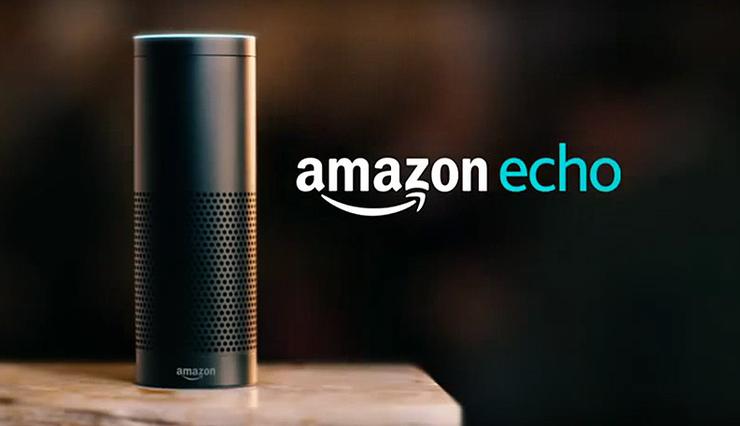
Among manufacturers, there is a lot of talk of an object that looks like a tablet. What do you think about it?
Four years ago I tried really hard in Orange to develop an object that would be similar to a tablet. Since the object worked with an application, the use was graphic, and we could visualise choices more clearly. And with the contents of a tablet being more varied than those of a lambda remote control, use was enriched. Finally, with a tablet, you can reconfigure at will, create shortcuts and facilitate its practicality. On paper, it was great but after several tests with consumer panels, it was a total failure! Does that mean it will be a failure in a year’s time? Not necessarily, because the uses have changed. The tablet has become a true means of service consumption but using the tablet as a remote control, is still divided. In France, Orange sells Stick TV, a TV decoder where the smartphone is a remote control: young people love it but older people slightly less.
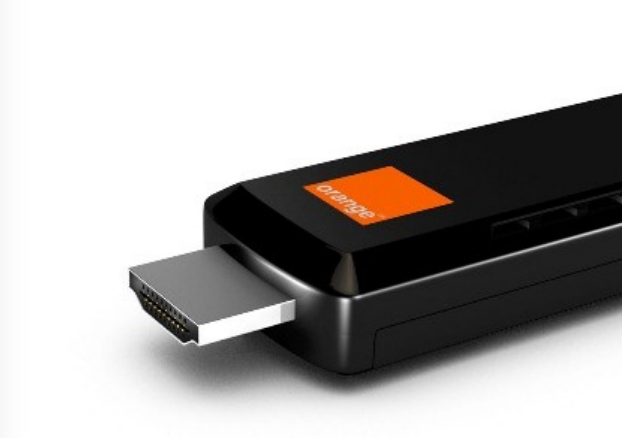
And what role can voice play in the future of remote controls?
Today, the vocal dimension is slowly happening in our TV products. TV services offered by Orange are getting richer and more diversified. What we call a linear interface, i.e. performing several actions in a row to reach the service or program that you want, becomes difficult to value. The customer wants the service or program launched at the first click, not after several actions. With a voice or sensory interface, it is a word or a gesture: thus we can skip our four clicks for access to the service – from before – to performing a single interaction. This is unbeatable time saving. But today, people are not educated in this technology. Again, geeks will love it but everyone else, not so much. For example, my mum cannot put speech recognition on a remote control, she would be totally lost. However, in nine months’ time, with a little education, perhaps she will be able to! We need people to appropriate these new modes of interaction little by little, until it becomes natural and they ask for more…






